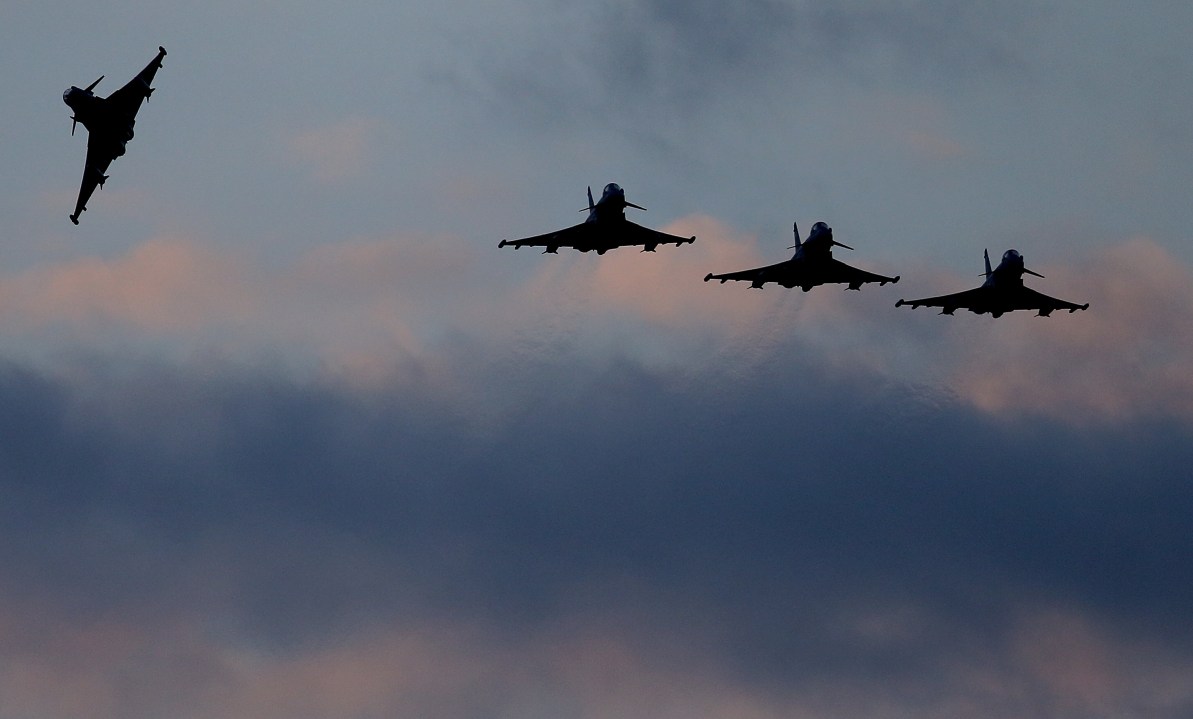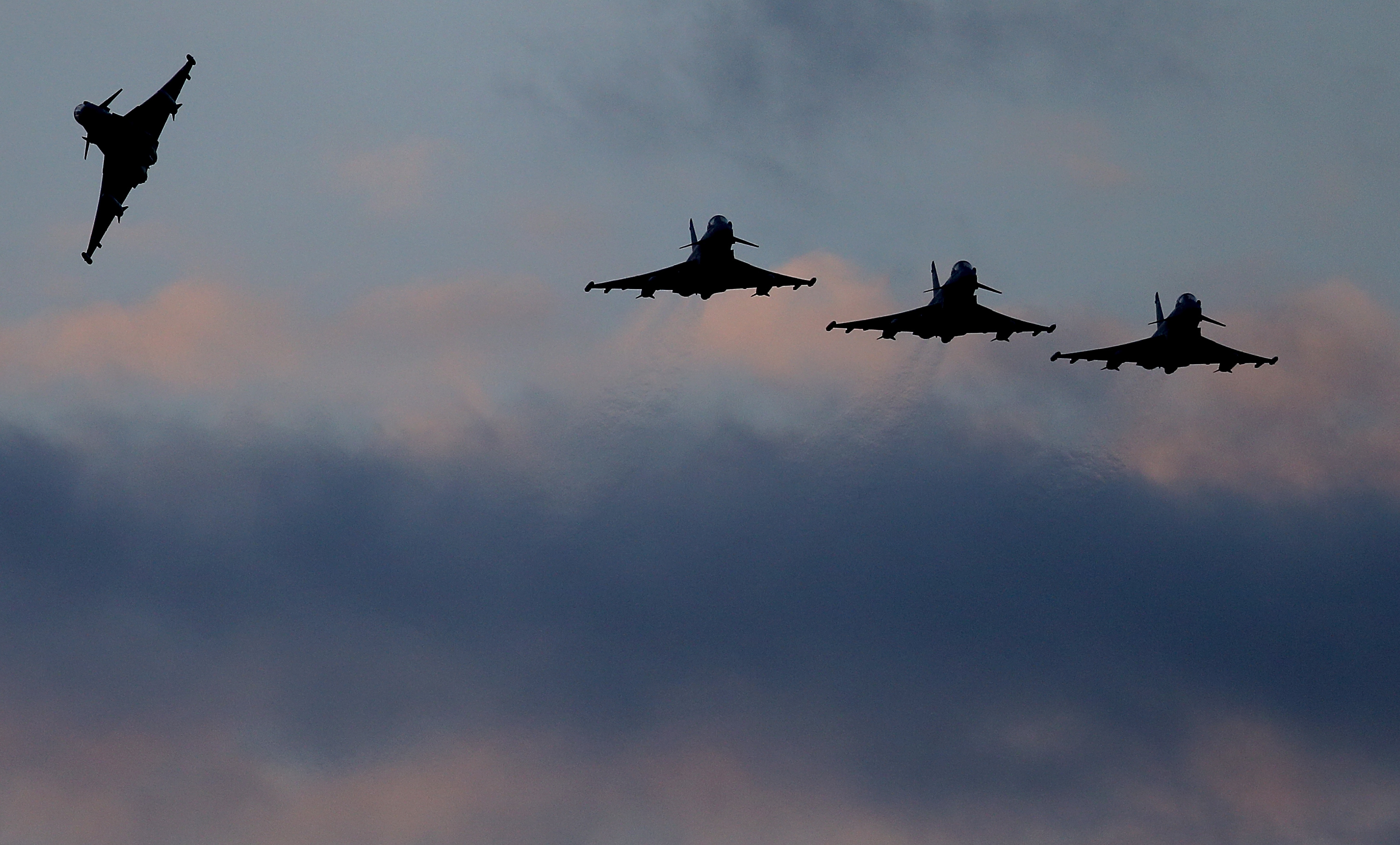Isis can’t be seen as a single entity; as one cohesive army. The reality is that probably only a small percentage of the group are the types that pose a real threat to the West. Only a tiny minority of its members in the Middle East, at this stage, are hardline ideologues with any serious intent to carry out attacks in America or Europe.
Most members of Isis have joined more out of pragmatism than fervour. Raqqa was always known in Syria as a more secular city (while it was still in the hands of the Syrian regime, other Syrian rebel groups would scoff to me that Raqqa’s population were blasphemous Godless bastards). But Isis provides a degree of stability in a country of chaos. While anarchy rules in other rebel-held areas, and the regime side is controlled by a series of dangerous and corrupt militias, in Isis terrain there is, at the very least, a degree of law and order. If you are a Sunni who wants to minimise the chances of your wife getting raped, you move to an Isis held part of the country. If you are a Sunni who wants to fight the regime and receive a salary at the same time, you join Isis. If you are a Sunni who needs a job, you go to Raqqa. If you are a businessman, the best place to do business right now is under Isis.
A bombing campaign treats all these people the same. It therefore makes enemies of those members of Isis who are not actually on an anti-Western crusade. If you joined Isis to fight the Syrian regime, but then discovered that rather than being barrel bombed by Assad, you were being attacked by America and Britain, who would you end up hating?
Let’s not forget that for many Syrians, the West’s encouragement of revolt in Syria, and subsequent lack of serious action against the regime was a bitter disappointment. So as the bombs start to drop on Raqqa, not Damascus, they see it as the ultimate betrayal.
Bombing Isis gives the group a cause around which to coalesce. If there is one law that has held true in the Syrian war it is that no militia stays united for very long. These groups almost always factionalise and turn against each other, unless they have a reason to stay together. Fighting the western invader is a pretty good reason.
It’s convenient for politicians and the media to move on from the Syria war. That’s old news. Isis is the new big enemy. But to do so is misleading. You cannot understand Isis without looking at the context in which they exist, and the reason they came into being. Give Syrians a safer place to go and send the message that the regime’s war crimes are not forgotten and cannot go unpunished, and the support for the jihadists in Raqqa will start to break down. If they lose their capital, they lose their propaganda war. And propaganda is one of the strongest weapons in their arsenal.
Ruth Sherlock is a foreign correspondent for the Daily Telegraph







Comments